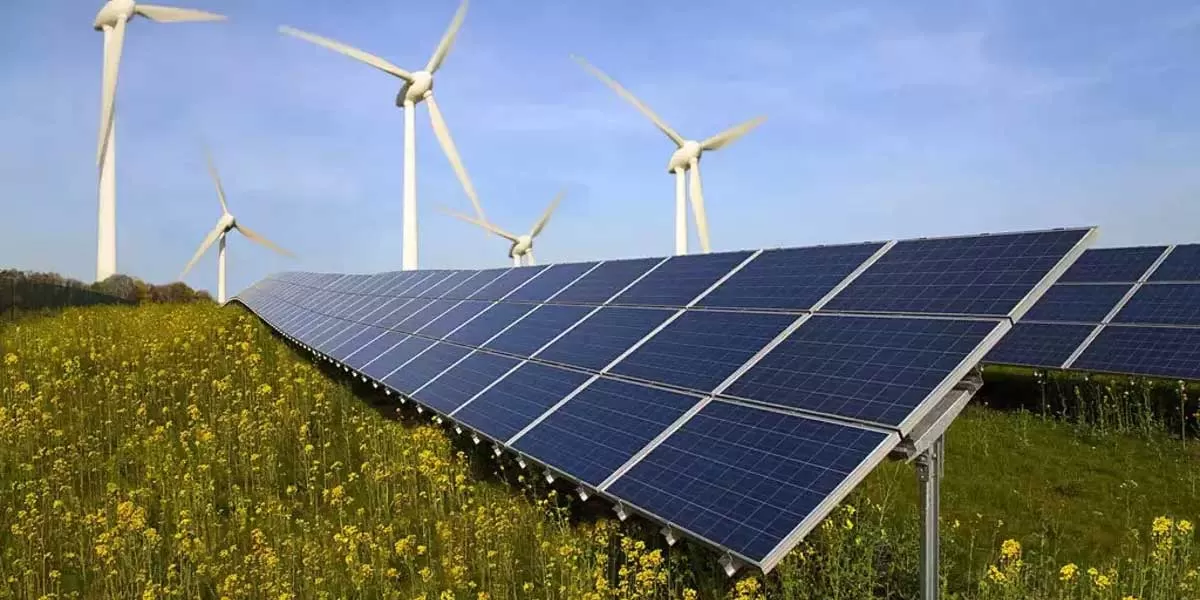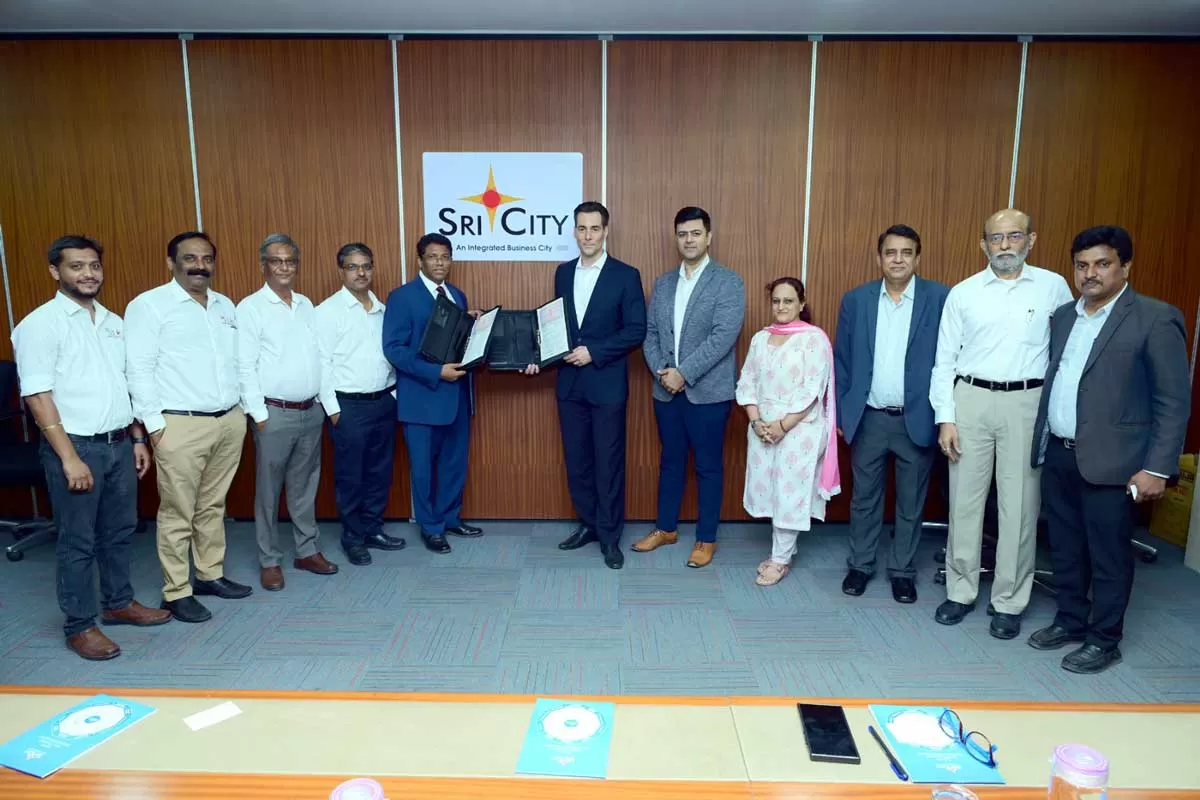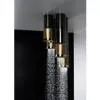

REHAU acquires 1.05-acre land in Sri City
REHAU, the global polymer solutions provider, has acquired 1.05 acres of industrial land in Sri City, Andhra Pradesh, marking a key milestone in its expansion strategy in India. The land, secured on a 99-year lease, is located adjacent to the RED Star Polymers facility and will support scaling up the company’s manufacturing operations.This acquisition closely follows REHAU’s majority stake purchase (51 per cent) in RED Star Polymers Pvt Ltd, a PVC edgeband manufacturer, reinforcing its long-term commitment to the Indian market. The site offers strategic advantages in proximity, infrastruct..

BSH unveils Bosch and Siemens brand store in Kolkata
BSH Home Appliances, a subsidiary of BSH Hausgeräte GmbH and global leader in premium home appliances, has launched its first exclusive Bosch and Siemens brand store in Kolkata. Located in the upscale Dhakuria neighbourhood, the store signifies BSH’s strategic push in East India, a region where it has recorded a 26 per cent CAGR between 2019 and 2025.Spanning 1,450 sq ft for Bosch and 850 sq ft for Siemens, the new showroom is operated in partnership with Multi-Channel Electronics. It offers customers a hands-on experience of BSH’s latest innovations, including AI-enabled ovens, high-capa..

Trusted Termite Solutions
Envu’s Premise, formulated with Imidacloprid 30.5% SC, is India’s only termiticide validated by CBRI and GreenPro. This non-repellent soil treatment eliminates entire termite colonies effectively. Trusted by architects, builders, and pest control professionals, Premise ensures long-lasting protection with a proven safety and performance profile.Contact: Envu IndiaWebsite: www.envu.com..














